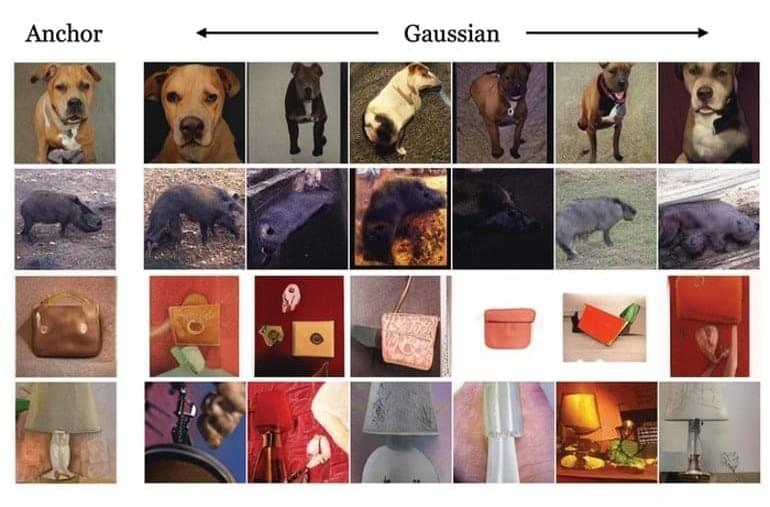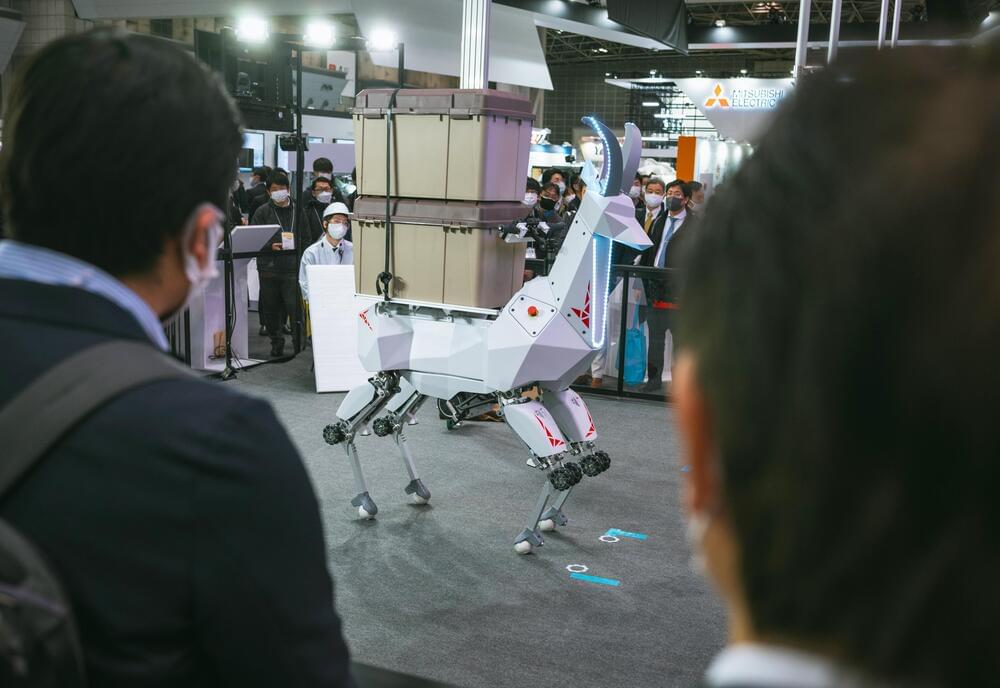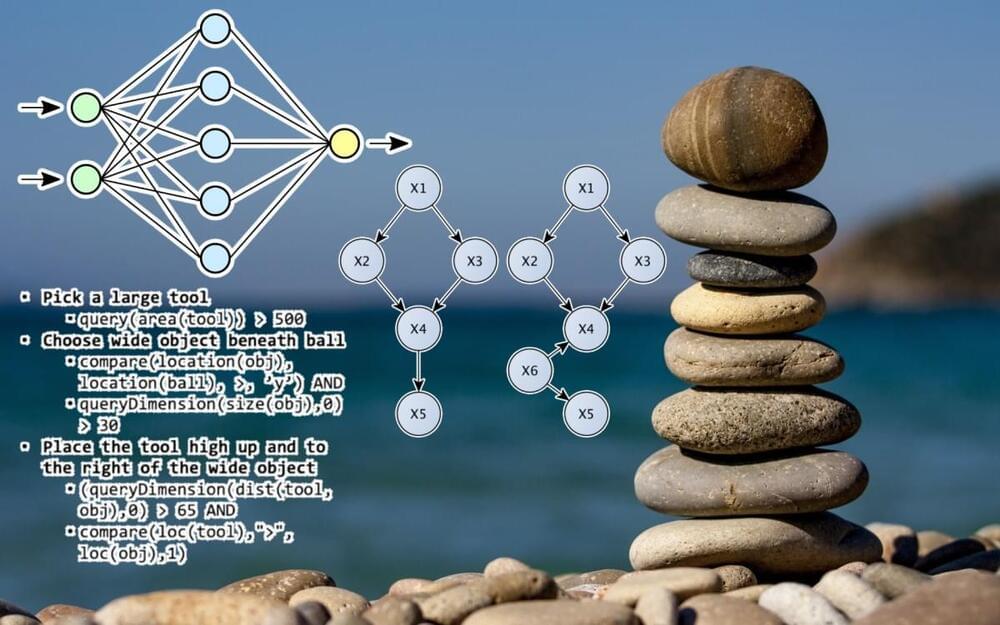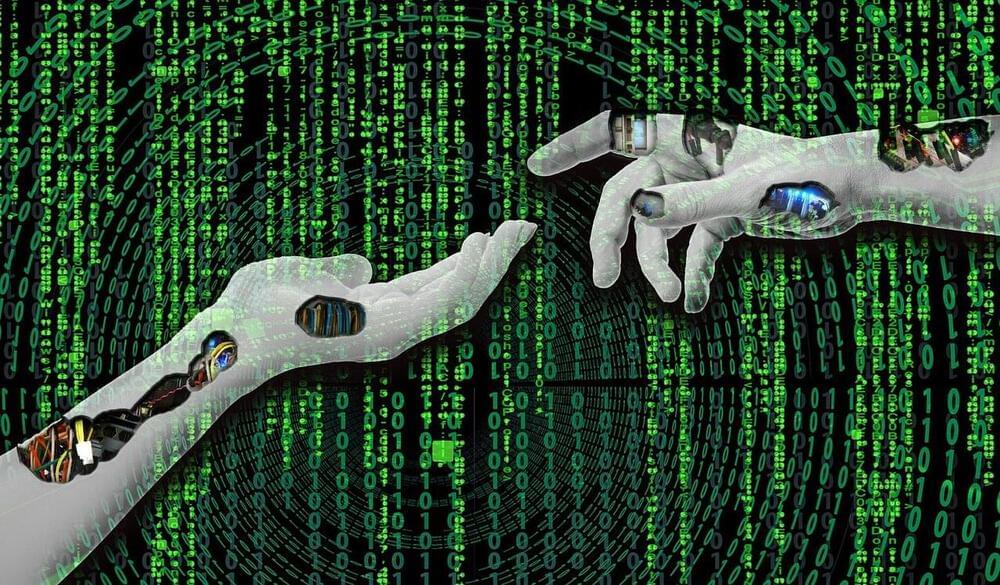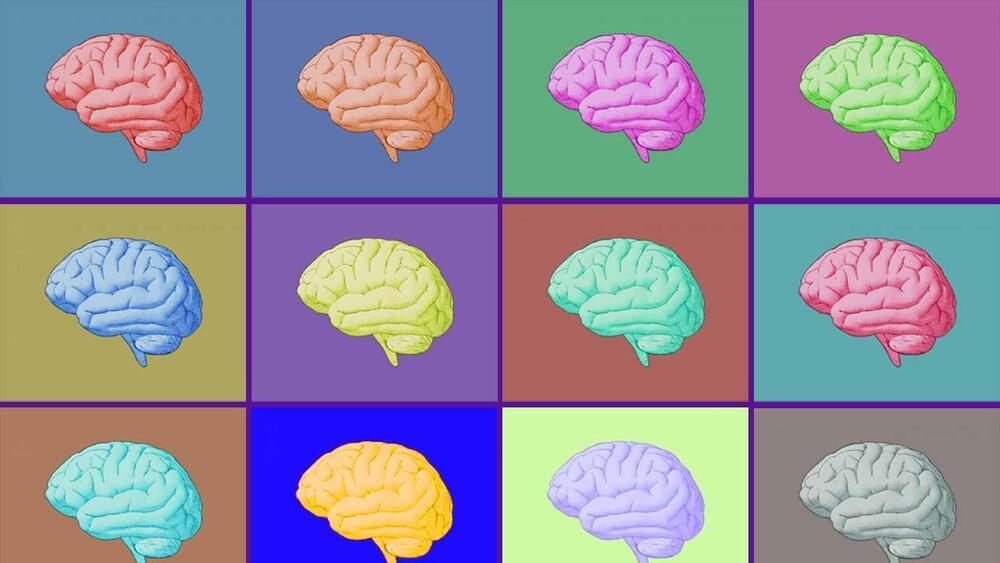H/T Ben Dickson.
Artificial intelligence research has made great achievements in solving specific applications, but we’re still far from the kind of general-purpose AI systems that scientists have been dreaming of for decades.
Among the solutions being explored to overcome the barriers of AI is the idea of neuro-symbolic systems that bring together the best of different branches of computer science. In a talk at the IBM Neuro-Symbolic AI Workshop, Joshua Tenenbaum, professor of computational cognitive science at the Massachusetts Institute of Technology, explained how neuro-symbolic systems can help to address some of the key problems of current AI systems.
Among the many gaps in AI, Tenenbaum is focused on one in particular: “How do we go beyond the idea of intelligence as recognizing patterns in data and approximating functions and more toward the idea of all the things the human mind does when you’re modeling the world, explaining and understanding the things you’re seeing, imagining things that you can’t see but could happen, and making them into goals that you can achieve by planning actions and solving problems?”
Joshua Tenenbaum, professor of computational cognitive science at the MIT, explained how neuro-symbolic systems can help to address some of the key problems of current AI systems.
